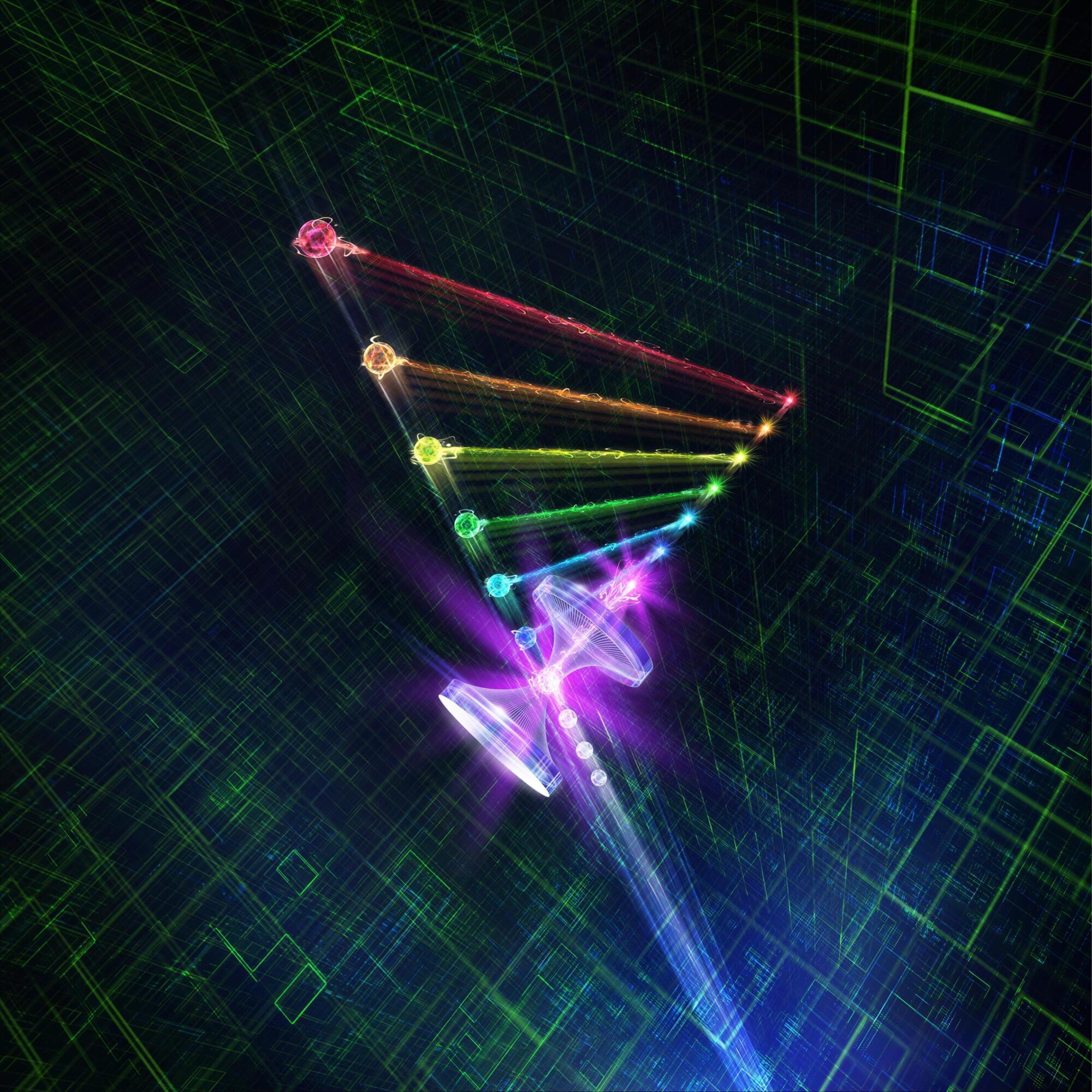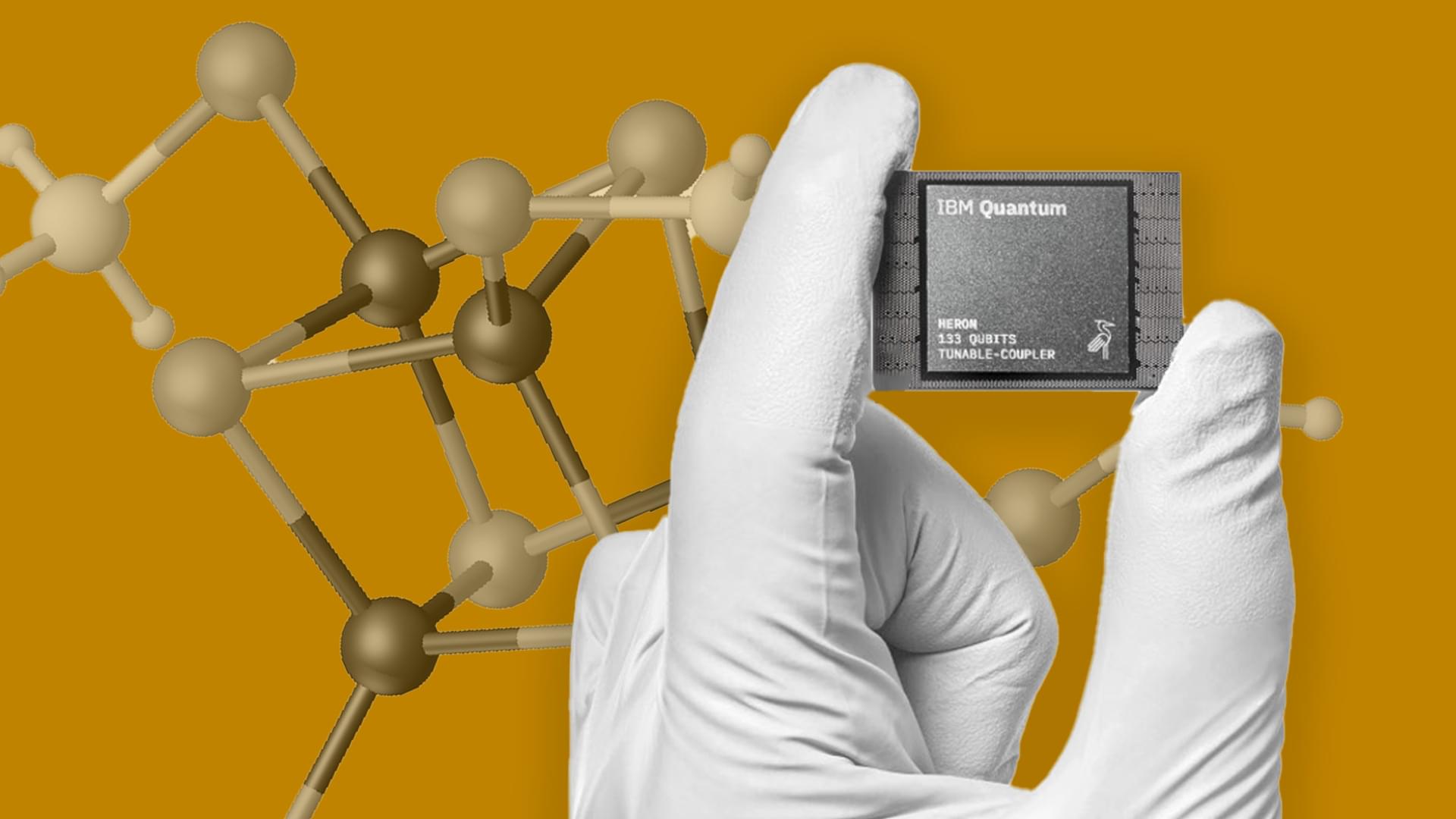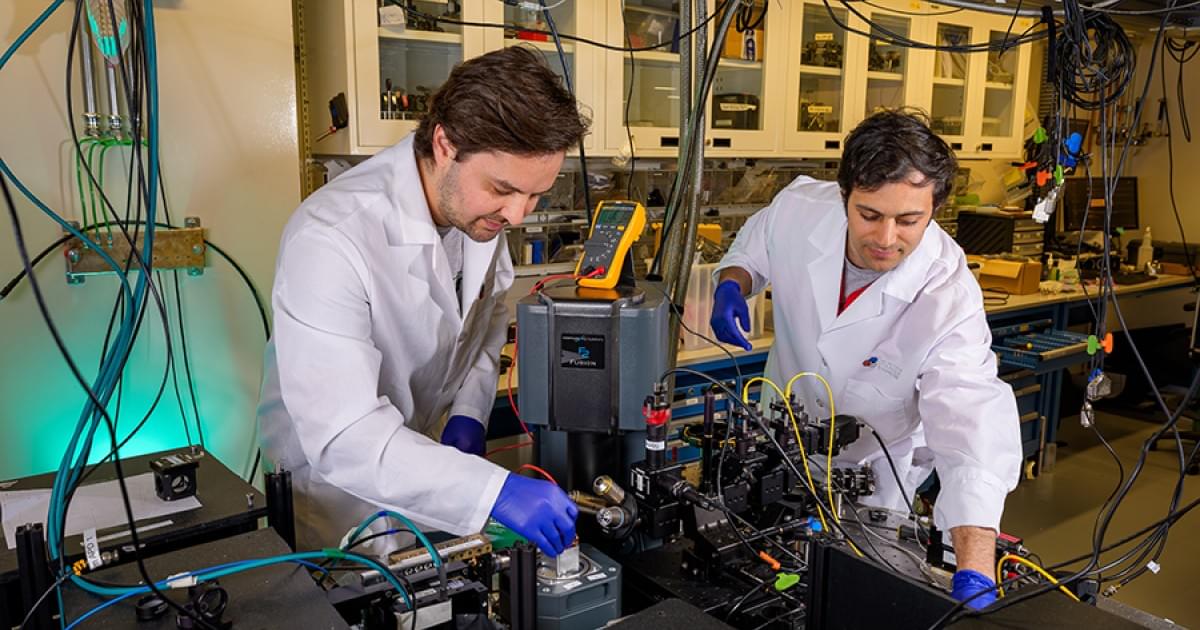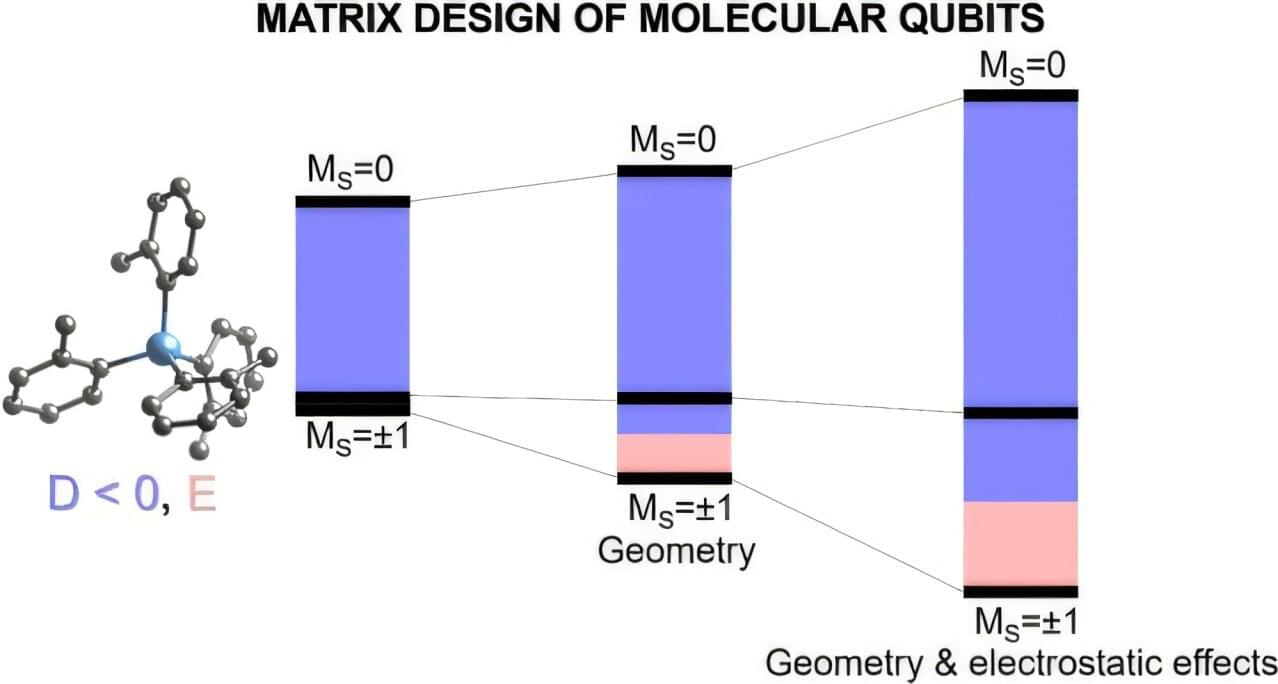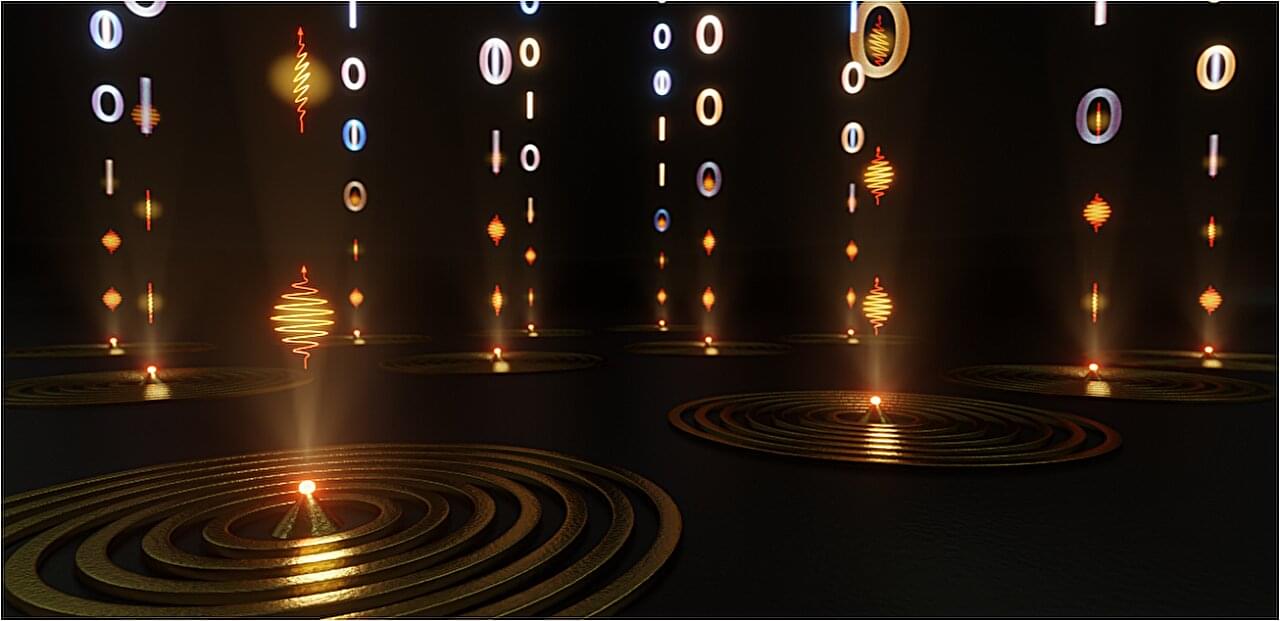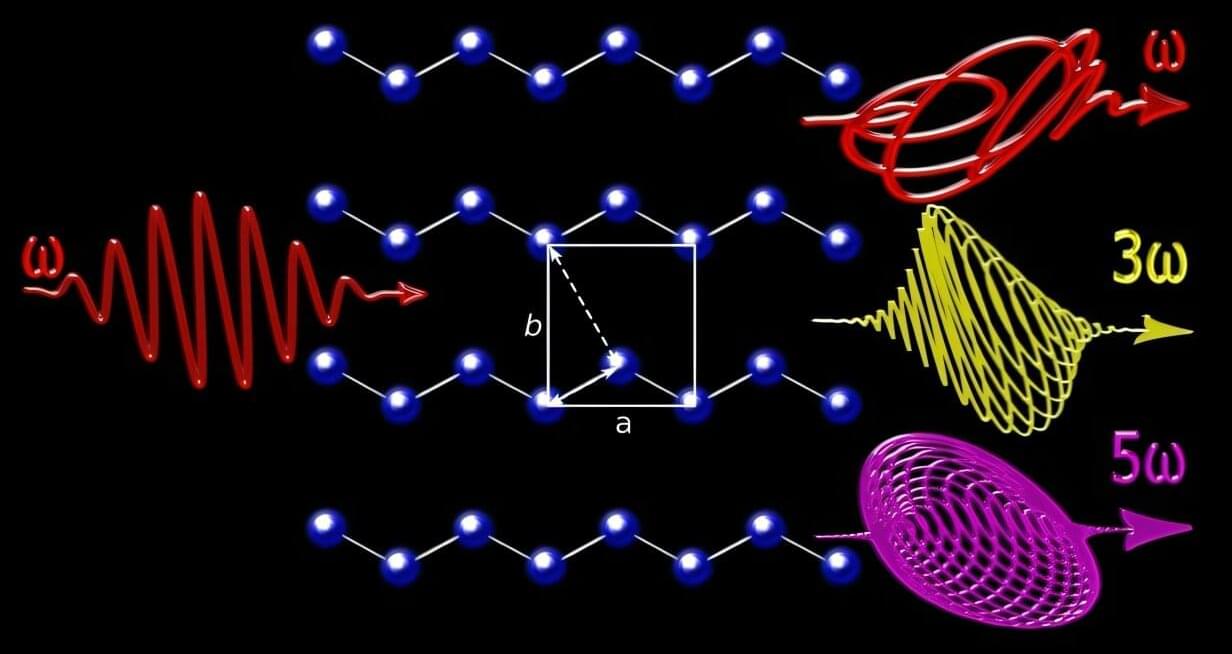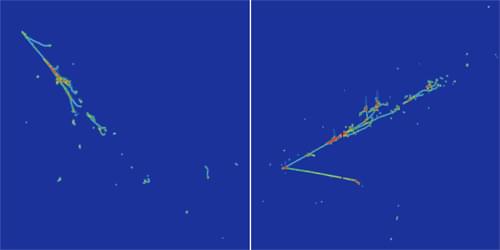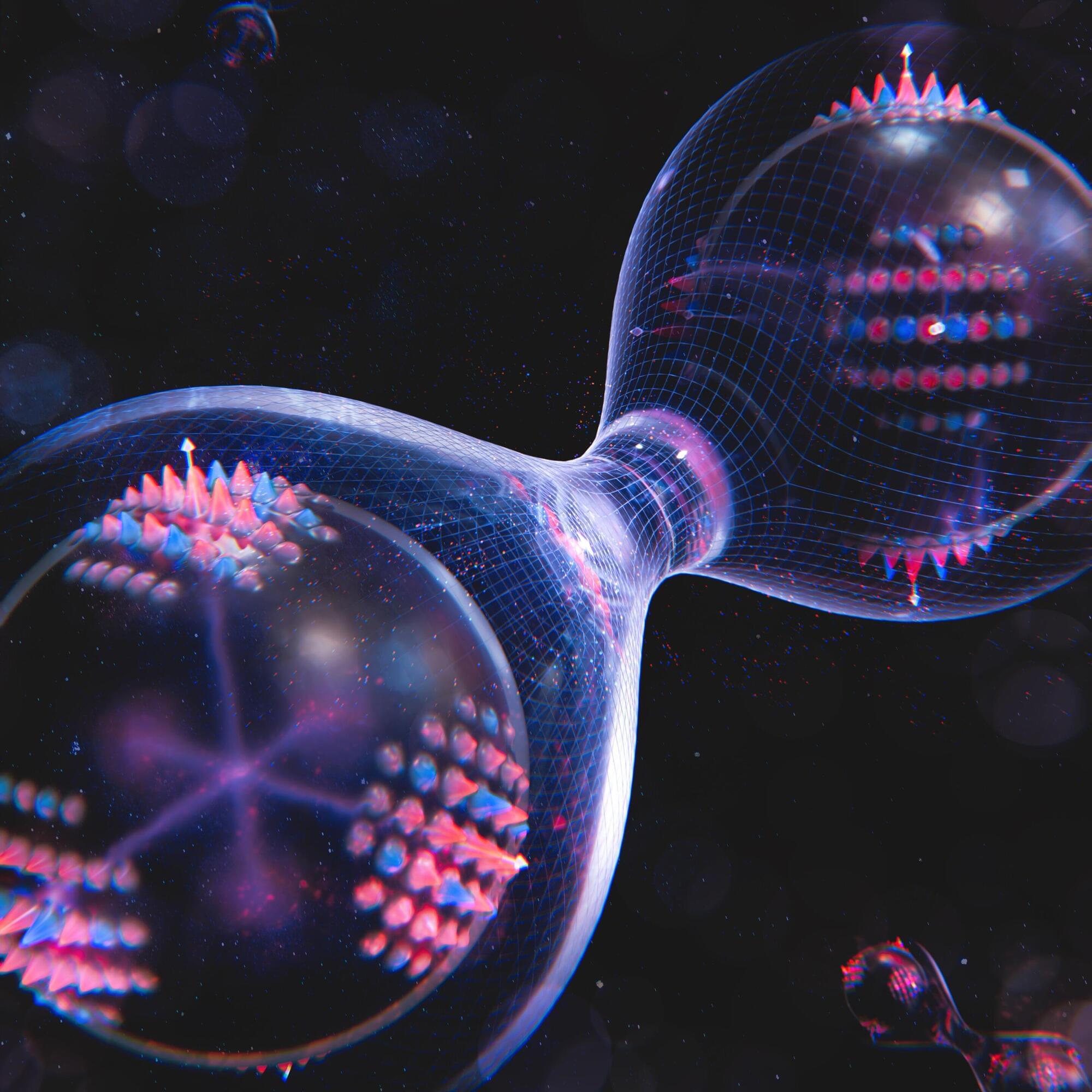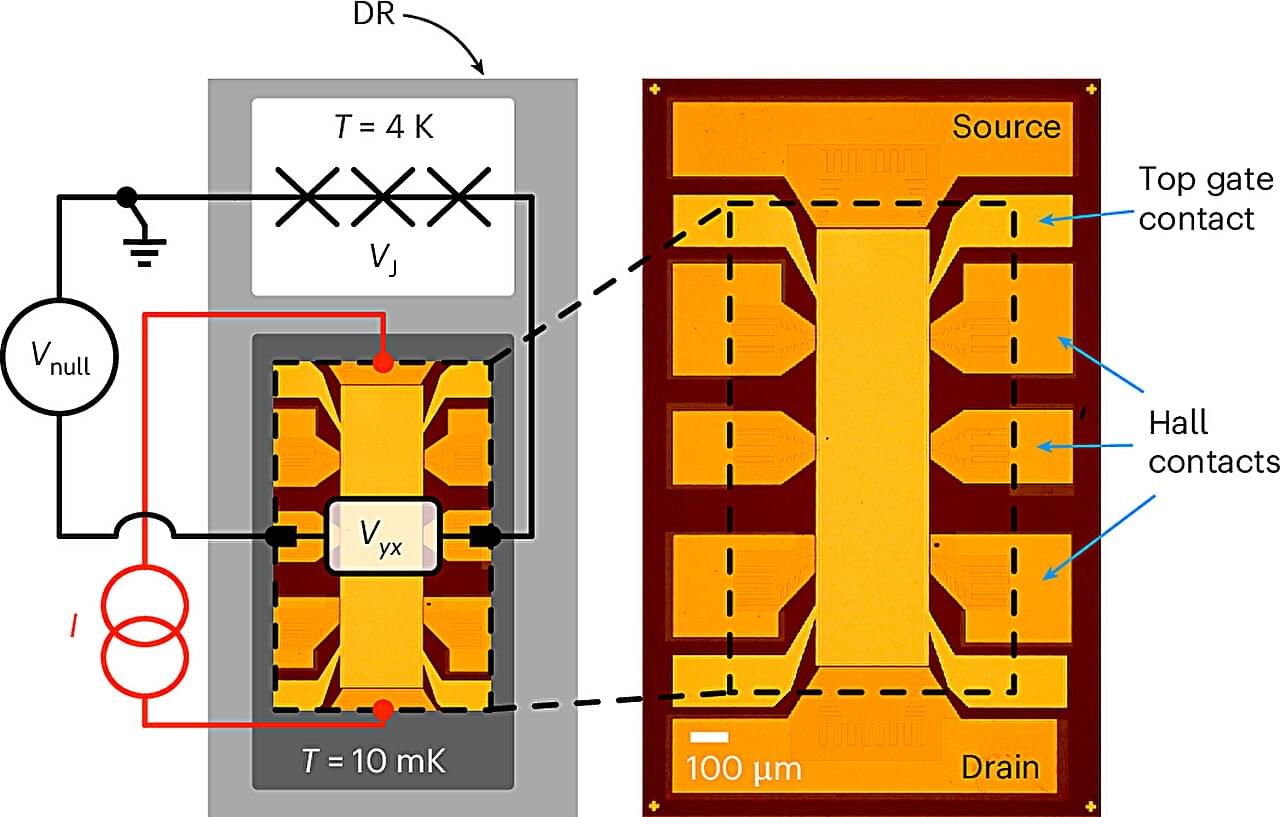In 2018, results from the MiniBooNE neutrino experiment suggested the exciting possibility that low-energy muon neutrinos quantum-mechanically flip into electron neutrinos more frequently than predicted by the standard model of particle physics. Theorists have sought to explain this anomaly, known as the low-energy excess (LEE), by invoking beyond-standard-model explanations such as the existence of new flavors of neutrinos (see Viewpoint: The Plot Thickens for a Fourth Neutrino). However, there was always the possibility that photon emission attributed to electron-neutrino interactions had been caused by other processes. Now, an analysis of five years of data from MicroBooNE, a follow-up experiment with a different design, has effectively ruled out the electron-neutrino-based interpretation of the LEE [1].
MiniBooNE operated by observing the Cherenkov radiation from fast-moving charged particles generated by neutrino–nucleus interactions in the 800 tonnes of mineral oil that constituted the detector’s sensitive volume. But the experiment could not easily exclude photons from other sources. MicroBooNE has a smaller sensitive volume composed of liquid argon, but it can reconstruct charged particles’ trajectories and energies precisely, allowing it to identify photon origins more reliably. As well as taking advantage of this intrinsic selectivity, the MicroBooNE team took elaborate steps to reduce all sources of uncertainty, both instrumental and theoretical.
The resulting high-quality data show good agreement with the standard-model predictions. By comparing these results with those from MiniBooNE, the researchers were able to exclude the electron-neutrino-based explanation for the apparent LEE at a confidence level of over 99%. While this conclusion might be disappointing for some, it compels scientists to look for new explanations for the MiniBooNE anomaly, the cause of which is still unknown.
